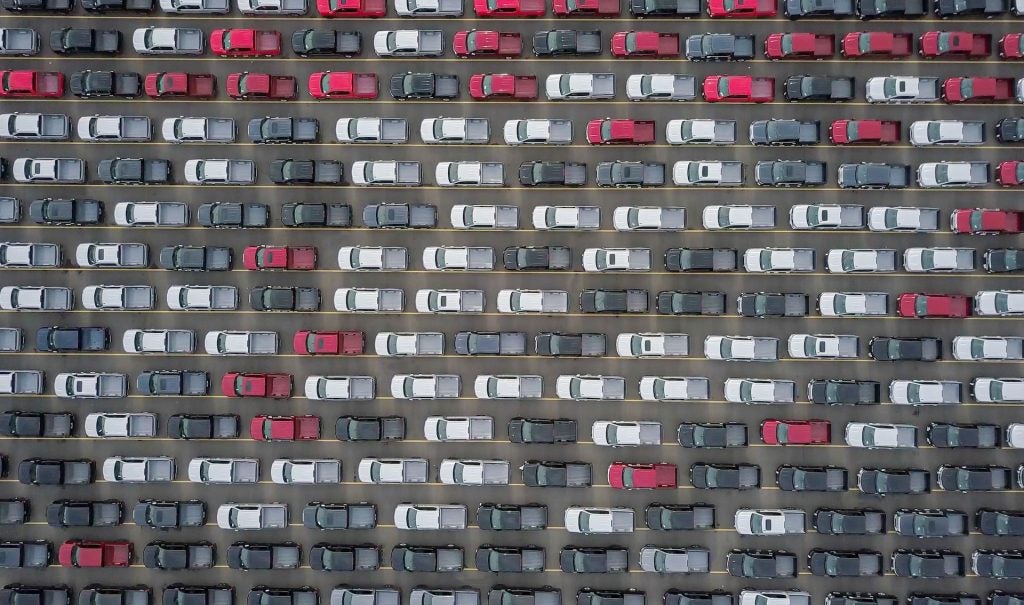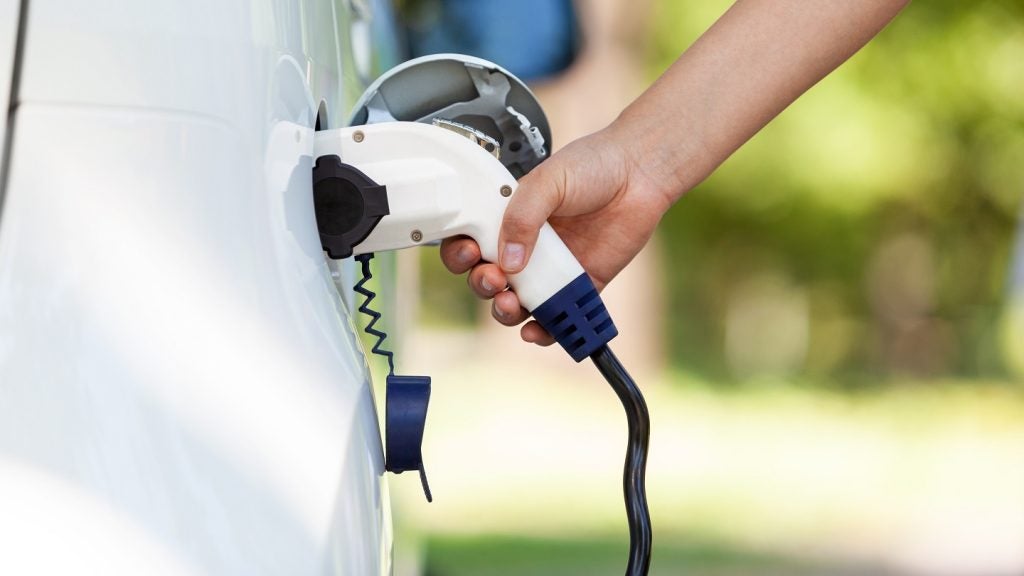fleet and leasing companies in 2009. While fleets will be looking
for front-end savings, they should also expect price pressure to
continue at remarketing time and inventory depreciation will remain
a critical factor for any organisation holding large volumes of
vehicles.
England base rate and the fall in VAT, the only real benefits so
far have been felt by those with tracker mortgages. Add to this the
spectre of rising unemployment and it is easy to see why markets
for big-ticket items are stalling in every sector – not just the
motor industry.
Bearing in mind that we are in uncharted waters as far as the
economy is concerned, there is some speculation as to how residual
values might track during 2009. Going by previous years, the first
few months are traditionally among the strongest for used car sales
and given that used cars have never been better value for money or
more affordable, we might see some improved levels of activity in
the first quarter – which hopefully will set the scene for the rest
of the year.
Until motorists find it easier to raise finance and some
confidence returns to the consumer marketplace, there is nothing to
suggest that used car values are going to improve significantly in
the long term – but even so 2009 should not see a repeat of the
price patterns experienced in 2008.
There has been an overwhelming interest in frugal small cars and
alternative fuels, balanced by a massive indifference to almost any
vehicle with a thirsty engine – from 4x4s and SUVs to executive
saloons – unless it was priced at well below guide values. This was
not simply a reaction to the credit crunch, but the added concerns
about rising fuel costs and the changing VED situation for more
polluting vehicles. That is almost certain to continue with plenty
of interest in small hatchbacks, super-minis and hybrids.
However, as fuel costs have plummeted in recent months, we could
see renewed interest in some of those larger-engined cars, which
now look exceptional value for money. Those that could use a 4×4 or
SUV, such as caravanners, off-road and rural pursuits enthusiasts
or country dwellers may well be persuaded that the time is right to
change their car.
In broad terms, the budget end of the market should stay busy
and there is a definite watershed in demand at around £5,000 –
which was seen as the upper limit of affordability with finance
being hard to come by for retail buyers.
That said, there is still plenty of business to be done and the
auction halls and online remarketing channels should remain active.
A used car is the principal means of transport in around
three-quarters of British households and if a car needs changing
due to family circumstances, or if the current car has become
uneconomical to run, then another used car will be purchased. This
gives the used car market a certain resilience to economic
conditions that keeps it ticking over even in the worst of
times.
How well do you really know your competitors?
Access the most comprehensive Company Profiles on the market, powered by GlobalData. Save hours of research. Gain competitive edge.

Thank you!
Your download email will arrive shortly
Not ready to buy yet? Download a free sample
We are confident about the unique quality of our Company Profiles. However, we want you to make the most beneficial decision for your business, so we offer a free sample that you can download by submitting the below form
By GlobalDataWhat is missing from the market, however, is the impulse
purchase and those regular family car changes based on whim or
fashion, as people just don’t have the confidence or the money, or
can’t raise the finance.
Residual values will continue to reflect the amount of demand in
the market. Generally – while the budget end of the market is by
far the strongest and demand is highest for economical city-cars
and super-minis, there are still motorists out there who will buy
larger saloons, 4x4s, people-carriers and SUVs.
Professional buyers tell us that they are being much more
prudent. Those holding large volumes of retail product have to face
the prospect of inventory depreciating by often substantial amounts
as wholesale prices fall and the price guides try to catch up. So
many are buying to order and fewer are prepared to ‘take a risk’ –
particularly on high-value stock.
Professional dealer buyers will naturally gravitate towards the
best-prepared, nicest-looking retail-quality vehicles and will be
prepared to pay the most money for them. That is a fact of life,
whether times are good or bad.
Simon Henstock, UK operations director
at BCA










